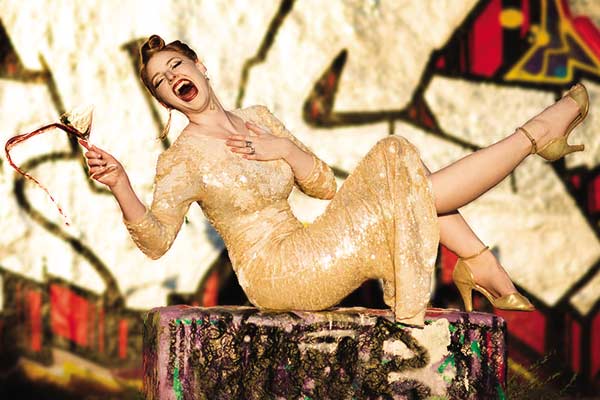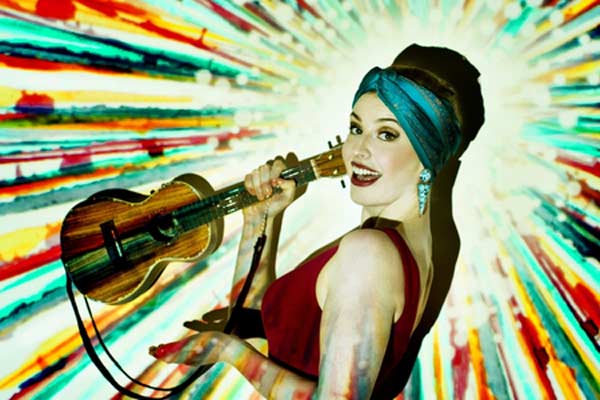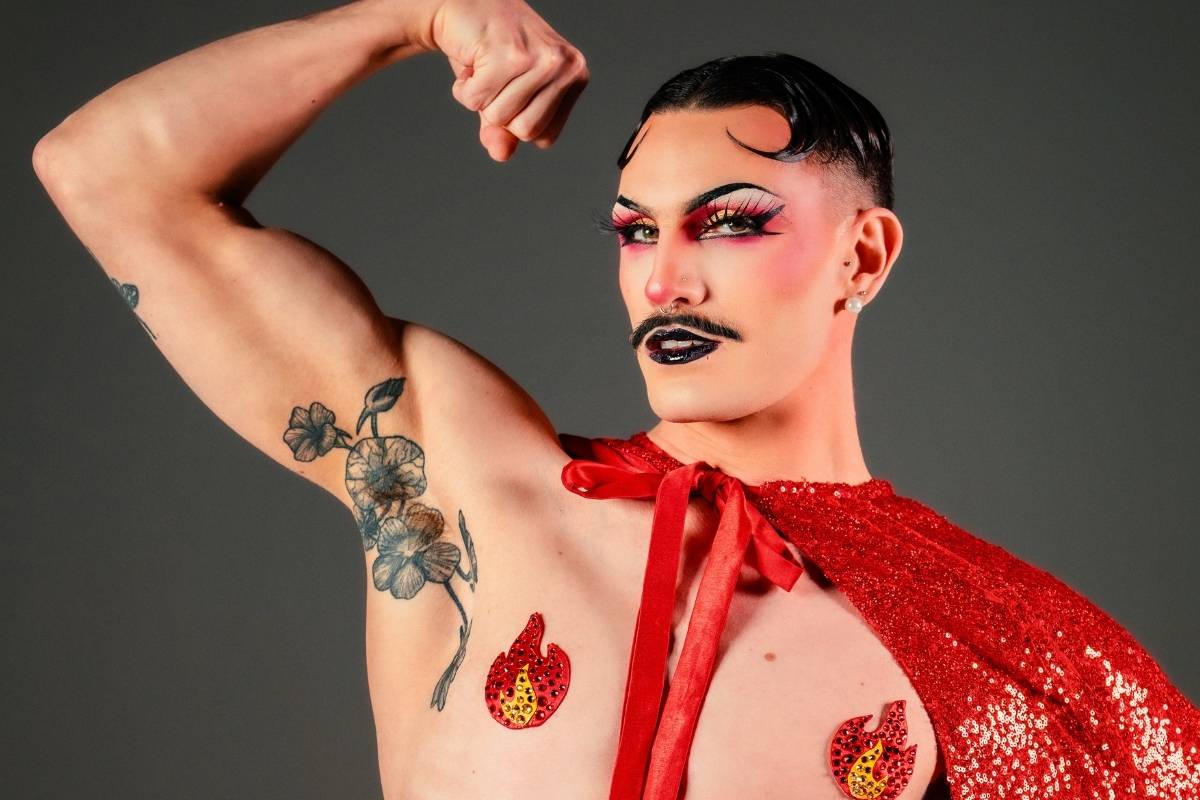Over the years she has taken audiences on many different journeys exploring a vast array of musical territories. Her new show, 'Queer Jazz', parks at the intersection of sexuality and musical expression.
In the past, the jazz world may have been more accepting of diversity in sexuality than other parts of the music industry, and with the benefit of hindsight we can look at some well-known writers like Lorenz Hart and Cole Porter and see references to their sexuality in their lyrics.
Jessie’s explorations of the earliest jazz and blues songs that mention sexuality have led her to the work of some American singers that many people may not have heard of before.
“Bessie Smith, Ma Rainey, Lucille Bogan. . . These are all women from the 1920s and 1930s in the Harlem Renaissance singing the blues, which at the time was very much an underground genre,” Jessie says of some of the women whose work is included in the show.
Being part of an underground music movement allowed the women a lot of freedom in what they could sing about.
“Even though they are huge names in the blues community, they were quite unknown in American popular culture and this gave them a lot of freedom in what they could sing about, they could move beyond songs about men beating women – which, let’s be honest, is what a lot of songs of that period are about, or men just drinking.”

“There were other singers, like Ethel Waters who was around at the same time, but she was a bit more successful, and although she lived with her partner she had to be very careful because she had more commercial success and was more visible in the public eye.”
Jessie got the idea for her new show while she was touring through Europe in 2019 and her tour coincided with a series of Pride festivals in each city. Being on a jazz tour while surrounded by pride celebrations got her thinking about queer representation in the jazz canon.
“Pride festivals have a really pervasive sense of freedom which is such a powerful thing,” Jessie says. She notes however that Berlin’s Pride celebrations stood out from the others.
“They were so excited in London, and so excited in Madrid, but in Berlin they didn’t seem so excited, and I think that’s because Berlin’s a city where people have incredible freedom all of the time, but in other cities where you know there is still a chance where you might be discriminated against, you might be harassed, or you might be physically abused; in these cities, the taking up of physical space is really important.”
Now that Jessie's got her own queer-focused show perhaps if her journey to Pride festivals can continue, she has the potential to take the show all around the world.
“That would be a very fabulous life,” she says of the proposal. “But I’d need to get more feathers into my wardrobe, I’ve got a full wardrobe of sequins but I need to get more feathers.”






